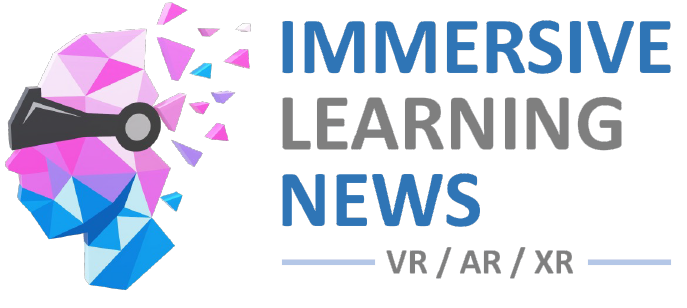Nothing beats experience. Most of us understand that, especially the experienced, but it hit home for me when observing play of a game we built a decade ago when I worked at MIT.
The game was challenging security and law enforcement to quickly piece together clues and converge on criminal suspects. We had teams of security, police, MIT techies and one public health organization play it. The order of performance was roughly police, then public health investigators, and then the techies. Even though the MIT teams were highly educated, used to dealing with complex data and dedicated to security issues, they couldn’t match the level of those who connect-the-dots for a living. We later adapted the game for disease investigators.
I can’t tell you what made the investigators better at the task. Experience leads to intuitions that often resist explanation. That’s why bullet points don’t teach those skills; people must experience a range of situations that require active decision making, not just talk about those decisions.
Decision-makers across the many industries we worked with, including public health, logistics and national security, were highly engaged, with some wanting to play the games on their own time. Engagement and entertainment weren’t the point of these games; they just came along for the ride.
Gaming for Training and Assessing “Squishy” Skills
Company hiring and performance assessment have long dealt with a mismatch between the skills they most want — leadership, critical thinking, teamwork, creativity and the like — and an inability to measure or foster those skills except through lengthy on-the-job experience.
Artificial intelligence (AI) makes these experientially derived skills even more crucial to job success. Think of AI as swallowing expertise-oriented tasks that rely on lots of information. It pushes the human contribution to bigger picture tasks. Someone using a large language model like ChatGPT or Bard, for example, may not have to do as much detailed writing, but they need to be skilled in what the message is, the desired style or problem to be solved to use the tool correctly, a skill more akin to wisdom and its intangibles.
Games are the logical way to both learn and to test such skills. They put people in specific situations, make them decide, provide instant feedback and use iterative failure to drive improvement. Companies are using games for hiring or training, and they can rely on a small but growing corporate game industry.
Still, gaming in the corporate world remains unusual. The cost and skill level in development of such games has been a barrier. However, AI game design assistance and coding-free game development platforms are in the process of dramatically lowering the obstacles. Workers will be able to construct and use games for various purposes without necessarily needing design or tech savvy.
The Enormous Implications
The ability to develop games quickly and at lower skill levels can change nearly every aspect of training and evaluation.
I can imagine a world where the most difficult aspects of every job are captured in game challenges. Maintaining such job emulations might be a standard aspect of being one of the best at that job. The debates about what should and should not be captured in a game are hugely valuable, as they are inherently about what is most important to the role. Such games can be played by the new hires to accelerate their exposure to less common job situations, and they can be used as a gauge on the skill of new entrants.
Rapid game development by non-experts also means that training can be customized to individual needs. An employee who needs to improve communication skills can practice different scenarios with an avatar. Managers who are too optimistic in project plans can manage virtual projects (with much less time sink than real ones) with appropriate feedback. Leaders might be put into borderline situations that require judgments about company values, adding clarity to what can otherwise be conflicting policies and norms.
Games are both learning and assessment devices. What better way to test someone’s fitness for a job than to see how well they can actually do the job? How well they perform in a game-based job assessment can add individualized clarity on specific skills a worker needs to successfully perform a role. This is important not only for the onboarding process, but it can also be used to find internal talent that’s best suited for new job roles, or to assess company-wide skills gaps.
That’s especially important because AI is rapidly changing job roles. For example, the advent of AI-powered software development means some software roles might be filled by internal talent that aren’t currently doing coding. Having a game-based tool to assess which employees have the underlying skills needed to direct AI to code (e.g., precision and clarity of writing, ability to decompose tasks to smaller challenges) could allow a company to fill roles that are difficult to recruit with an expedited training process.
AI-powered game development holds the potential for a world where job challenges are captured in immersive game challenges that allow for customization to individual needs. The potential for these innovations is enormous, redefining the way we train, evaluate, and empower the workforce of tomorrow. Experience truly remains the ultimate teacher, and the game is changing. The ability to develop games quickly and at lower skill levels can change nearly every aspect of training and evaluation.
Quelle:




